‘Musi River rejuvenation project a scandal in making’: KT Rama Rao
Sat 19 Oct 2024, 00:37:53
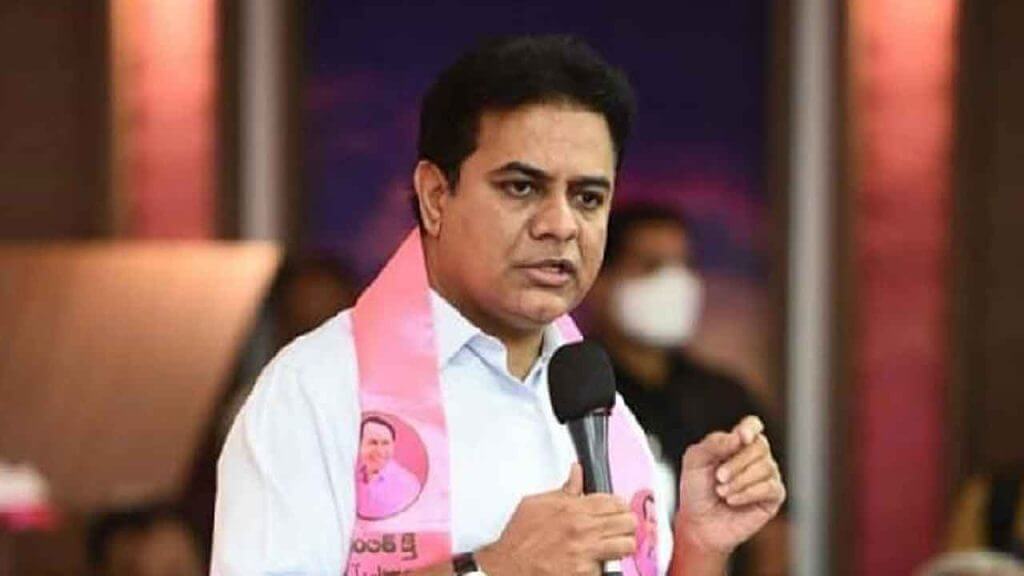
BRS working president KT Rama Rao on Friday came out all guns blazing against Chief Minister A Revanth Reddy, accusing him of turning the Musi River rejuvenation project into a massive scam, inflating costs from Rs.25,000 crore to Rs 1.5 lakh crore and of using the project as an ‘ATM for the Congress’.
Categorically stating that the BRS was not opposed to the river rejuvenation project, but against the displacement of thousands of families and inflated costs, he said the State government initiated unlawful demolitions without following due process.
“The government has neither a detailed project report, environmental and socio-economic impact studies, nor approvals from the relevant departments. The oustees are being evacuated without giving them fair compensation as per the Land Acquisition Act of 2013 brought by the UPA government. All of these factors give clear indications of a major scandal in the making,” he said while making a point-by-point powerpoint rebuttal to Revanth Reddy’s claims.
Detailing the BRS initiatives for Musi River rejuvenation, contrasting them with the “corrupt” plans of the Congress, Rama Rao charged Revanth Reddy with making baseless claims and being ignorant of the river’s actual needs. “The Chief Minister himself lacks clarity about the objectives of the project and keeps changing them – development, beautification, cleansing, rejuvenation and now water to erstwhile Nalgonda district. Similarly, there is no clarity on the project costs,” he said.
The BRS working president outlined the efforts made by the BRS government over the last decade, highlighting investments in Sewage Treatment Plants (STPs) costing over Rs.3,800 crore, aimed at treating 100 per cent of Hyderabad’s wastewater. Once these STPs were completed, Hyderabad would be the first city in South Asia to achieve this, ensuring no untreated water flowed into the Musi River. He also explained plans to link the Godavari River to Musi through the Kaleshwaram project, permanently solving the wastewater issue.
Rama Rao also accused
Revanth Reddy of collaborating with firms with questionable history like Meinhardt, which he alleged was implicated in financial crimes globally. Raising doubts that the Congress planned to loot hundreds of crores under the guise of Musi River beautification, he criticised the Congress government’s decision to inflate the project cost to Rs 1.5 lakh crore, far exceeding the previous government’s Rs 16,800 crore estimate. He reminded that the Chief Minister initially mentioned the project cost at Rs.50,000 crore which then escalated to Rs 1.5 lakh crore without any explanation.
Revanth Reddy of collaborating with firms with questionable history like Meinhardt, which he alleged was implicated in financial crimes globally. Raising doubts that the Congress planned to loot hundreds of crores under the guise of Musi River beautification, he criticised the Congress government’s decision to inflate the project cost to Rs 1.5 lakh crore, far exceeding the previous government’s Rs 16,800 crore estimate. He reminded that the Chief Minister initially mentioned the project cost at Rs.50,000 crore which then escalated to Rs 1.5 lakh crore without any explanation.
“There is no logical explanation on the cost escalation. They are also unable to justify the demolition of over 300 houses without even preparing the detailed project report, environmental and socio-economic impact or clearances from authorities concerned including environment,” he pointed out, warning the government against hurting the lives and properties of underprivileged families living in the buffer zone. He also cautioned that displacing the poor for such corrupt schemes would not be tolerated.
The BRS working president pointed to the previous argument of Revanth Reddy about the return on investment (RoI) for the Kaleshwaram Lift Irrigation Scheme (KLIS) and demanded to know the RoI for Musi River project. “With Kaleshwaram Lift Irrigation Scheme (KLIS), the BRS could stabilise and create irrigation facility to around 40 lakh acres. What is the RoI for the Musi River rejuvenation project?” he asked.
He also questioned the logic behind the Chief Minister handing over nearly 2,900 acres of forest land at Damagundam, the origin point of Musi River, for the Indian Navy’s VLF radar station posing a threat to the river itself. He also asked the reasoning for promoting the Future City or the Fourth City, if Musi Riverfront was indeed the ultimate answer for the city’s development.
Rama Rao also questioned the need for a Rs 1.5 lakh crore project with fresh loans when Ministers themselves were claiming they had no funds to implement the Six Guarantees and other electoral promises.
No Comments For This Post, Be first to write a Comment.
Most viewed from Hyderabad
Most viewed from World
AIMIM News
Latest Urdu News
Most Viewed
May 26, 2020
Which cricket team is your favourite to win the T20 World Cup 2026?
Latest Videos View All
Like Us
Home
About Us
Advertise With Us
All Polls
Epaper Archives
Privacy Policy
Contact Us
Download Etemaad App
© 2026 Etemaad Daily News, All Rights Reserved.

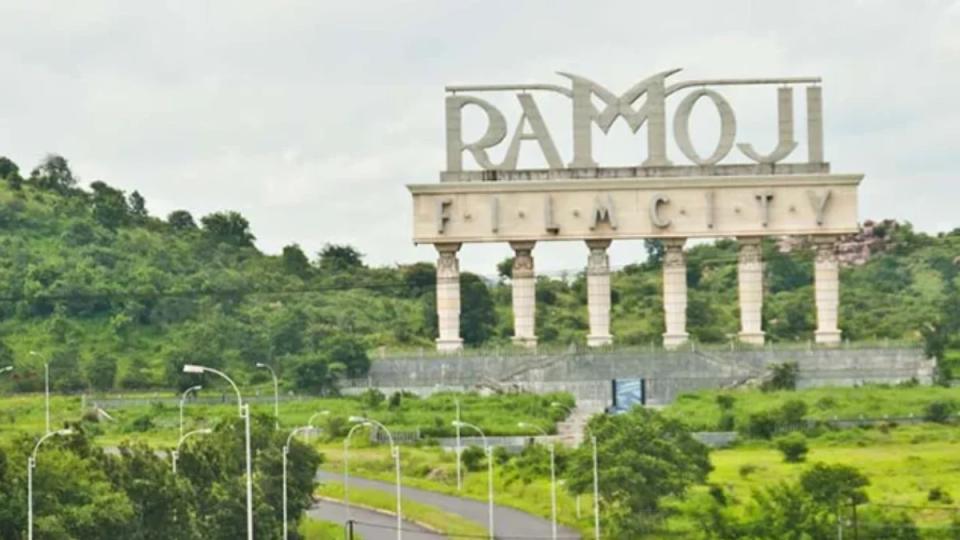
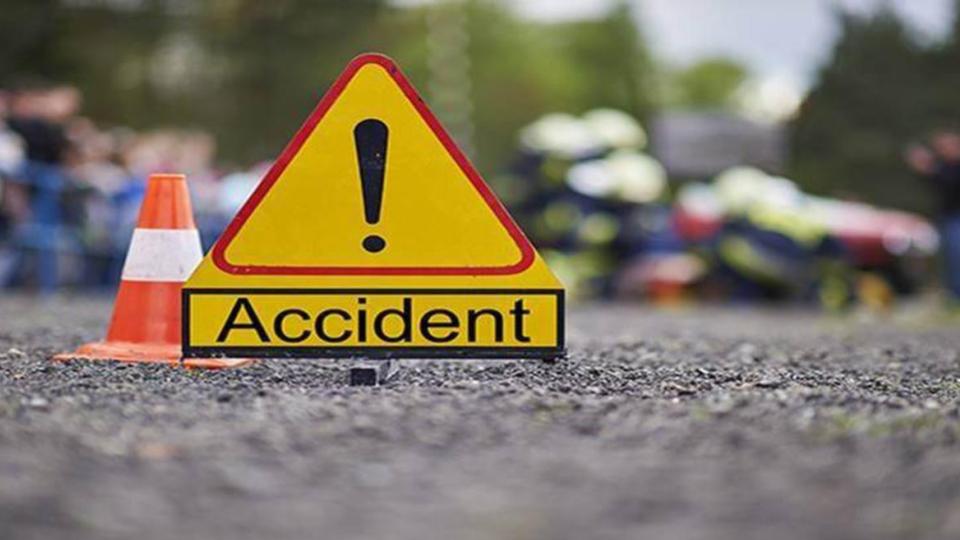

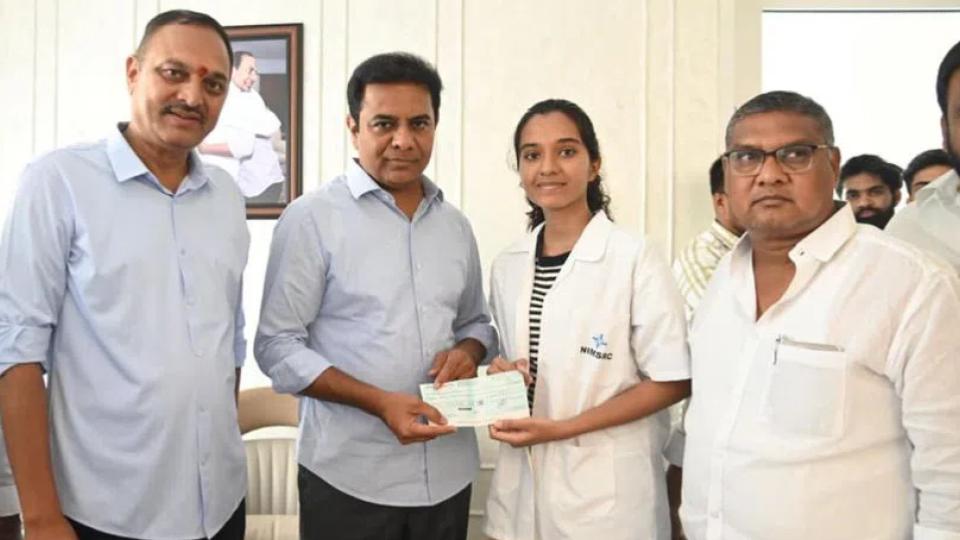


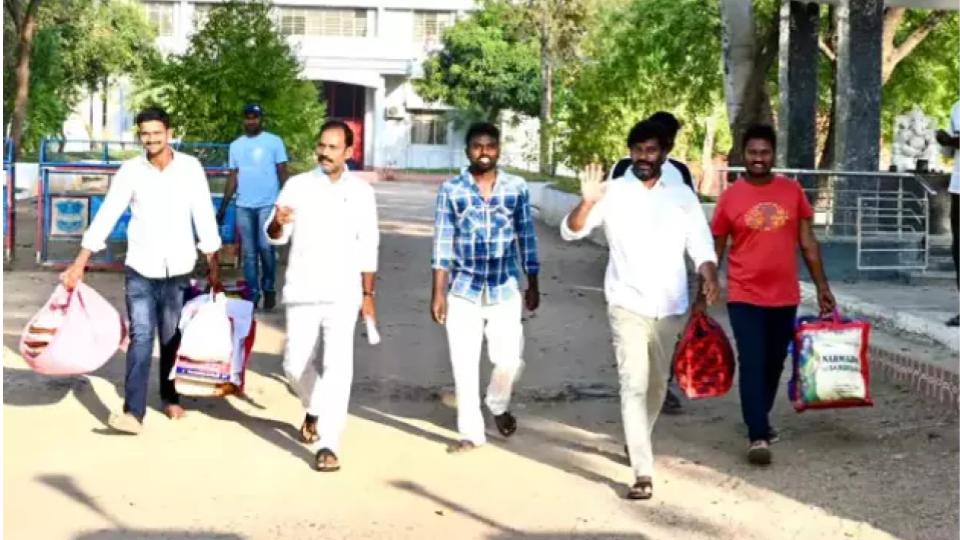

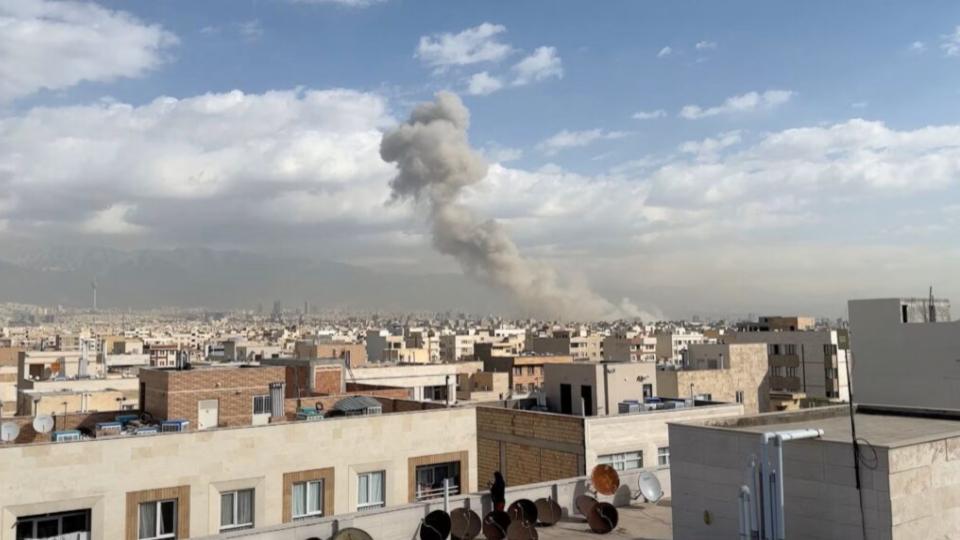

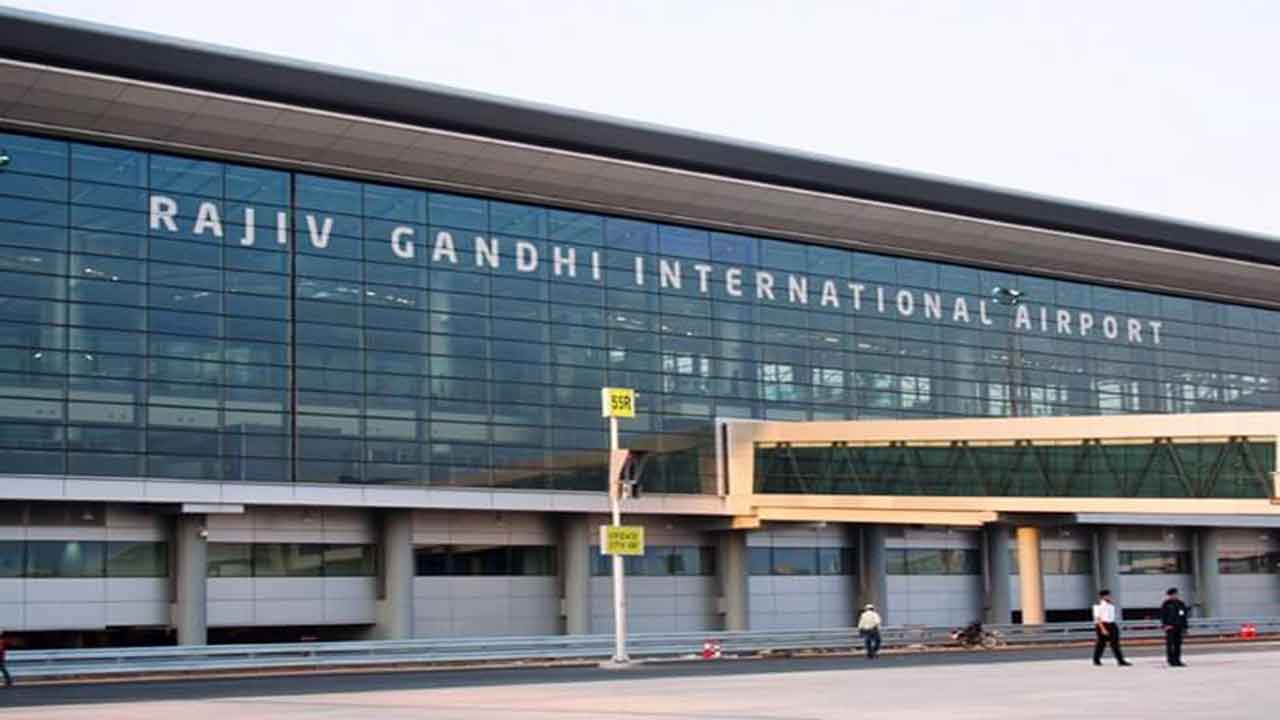
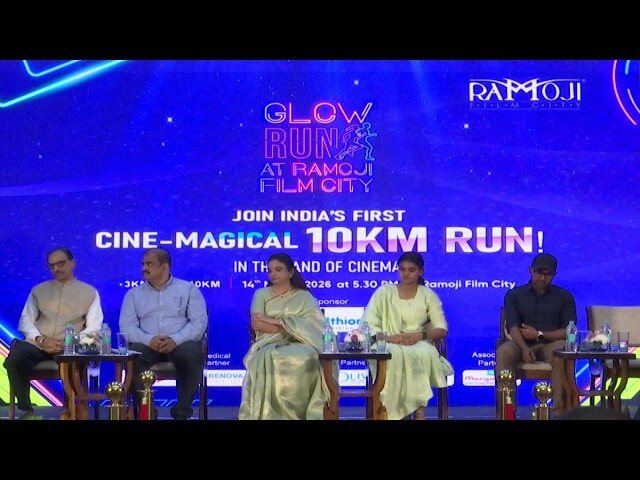


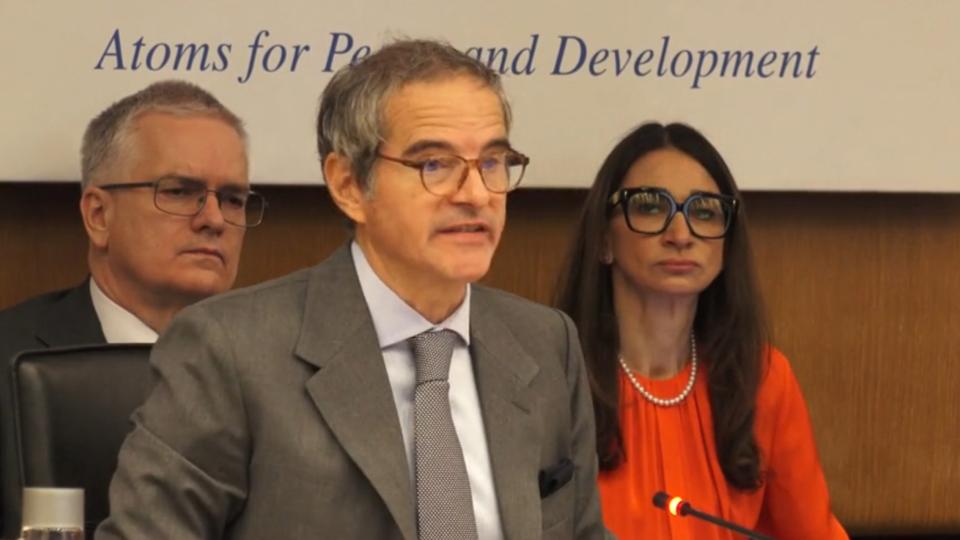



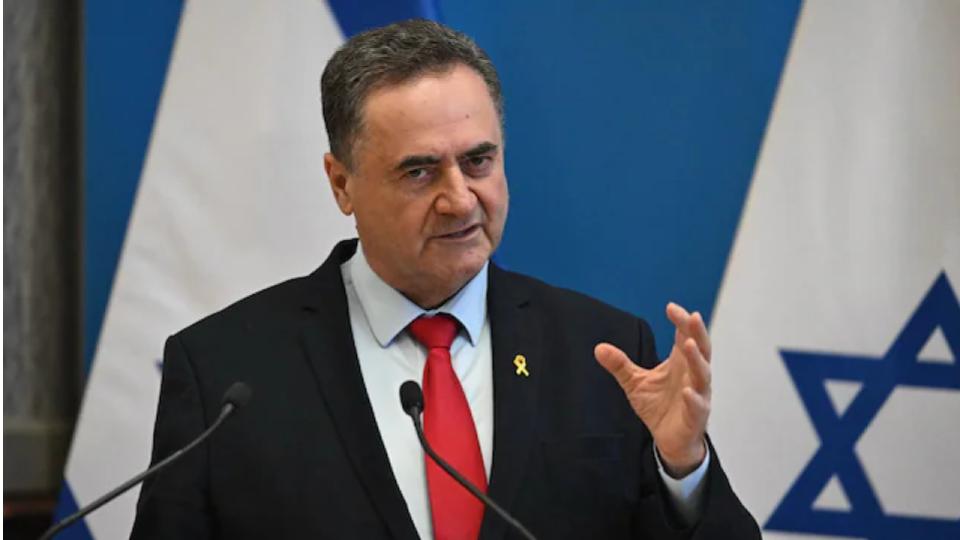
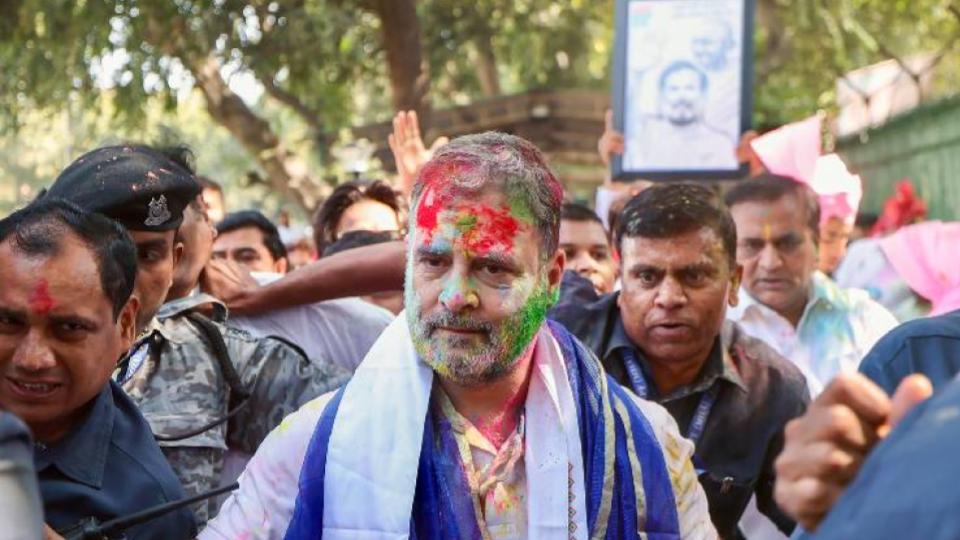
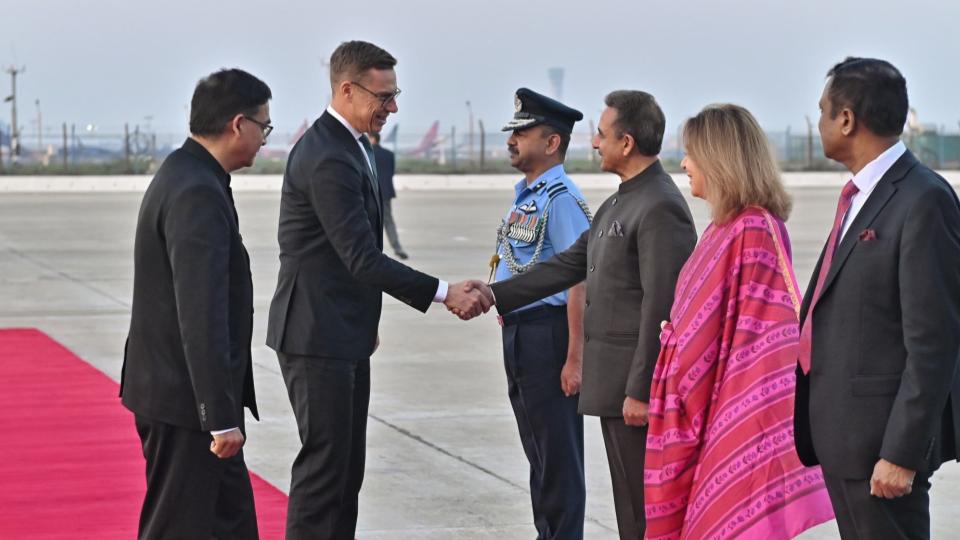
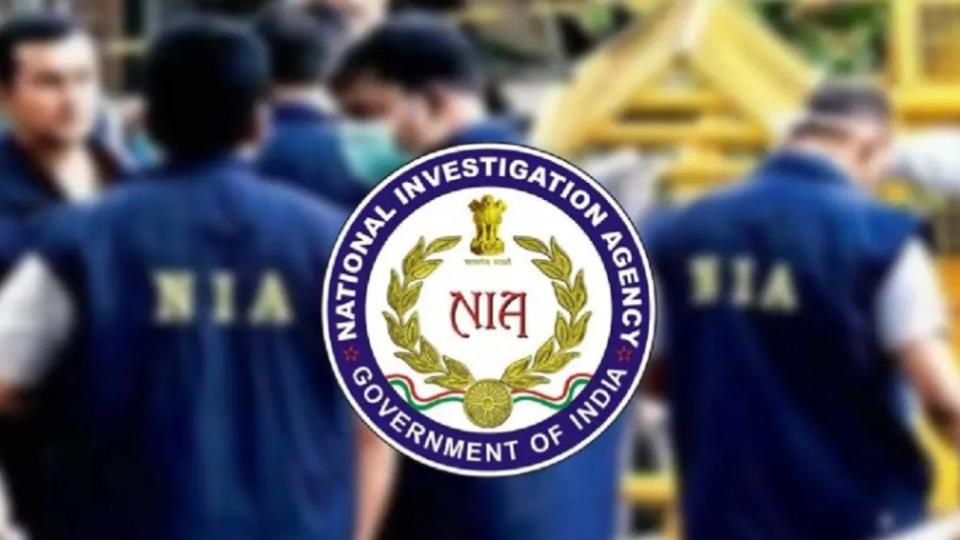





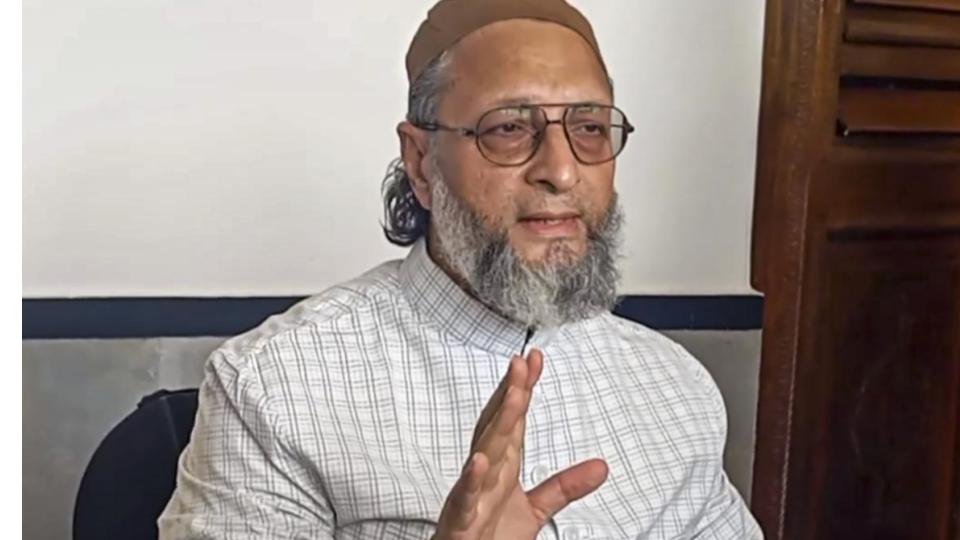
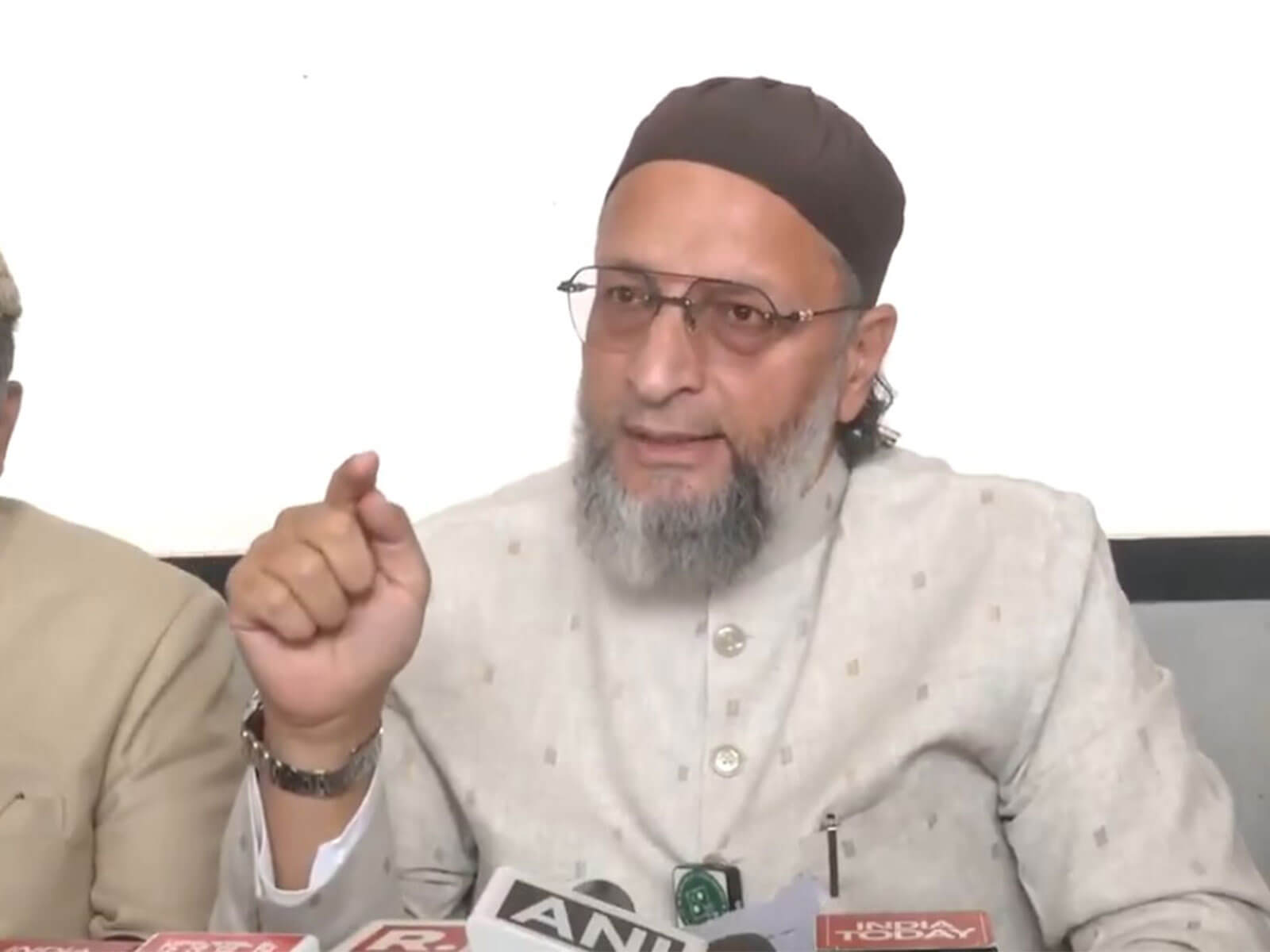






.jpg)
.jpg)
.jpg)


